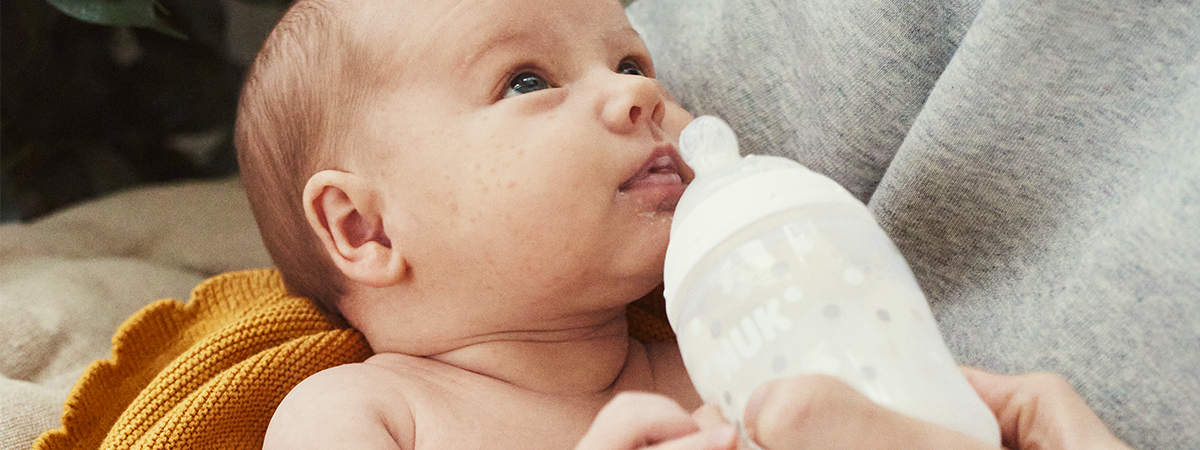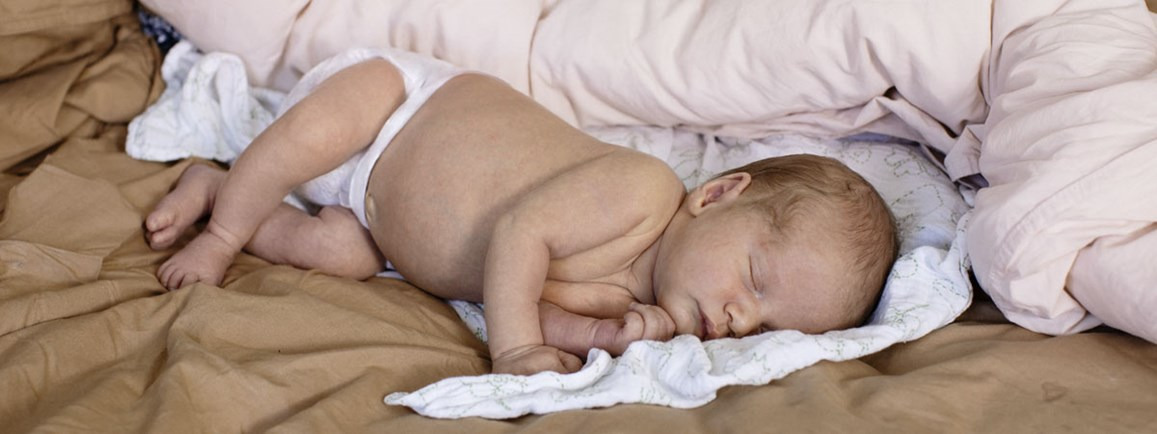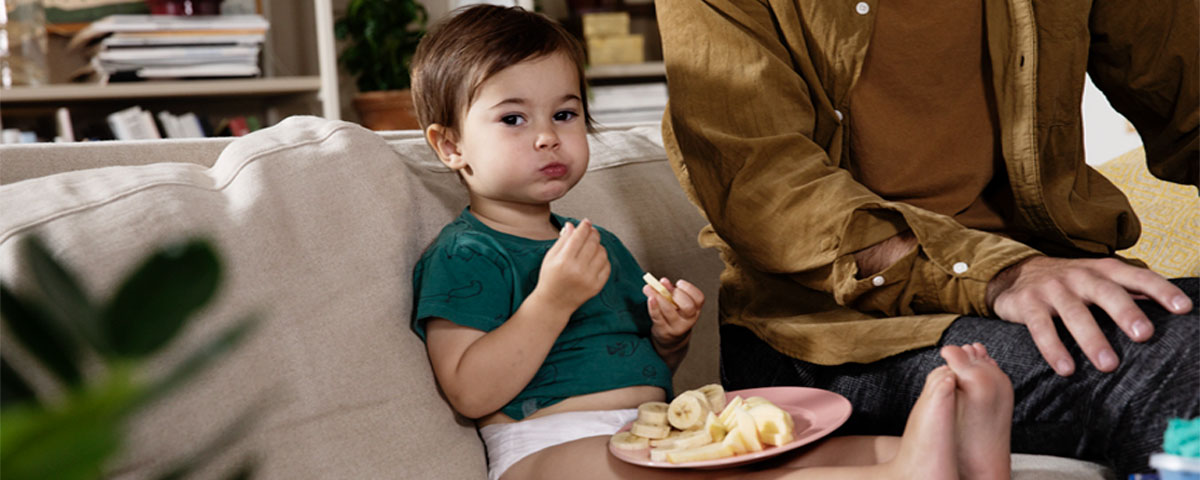Baby
With tumultuous emotions, wakeful nights and a life full of firsts - here you'll find everything about babies. We've got lots of articles with advice and information that you might find useful during your time with a new baby.
Top pick
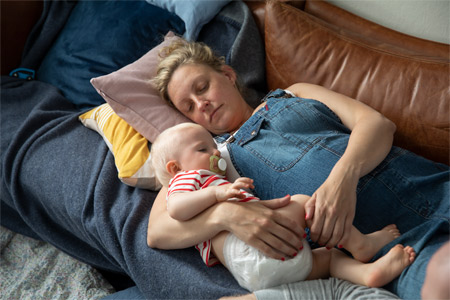
Top pick

Baby sleep – tips and advice
Top pick

Attachment theory and secure children
Top pick
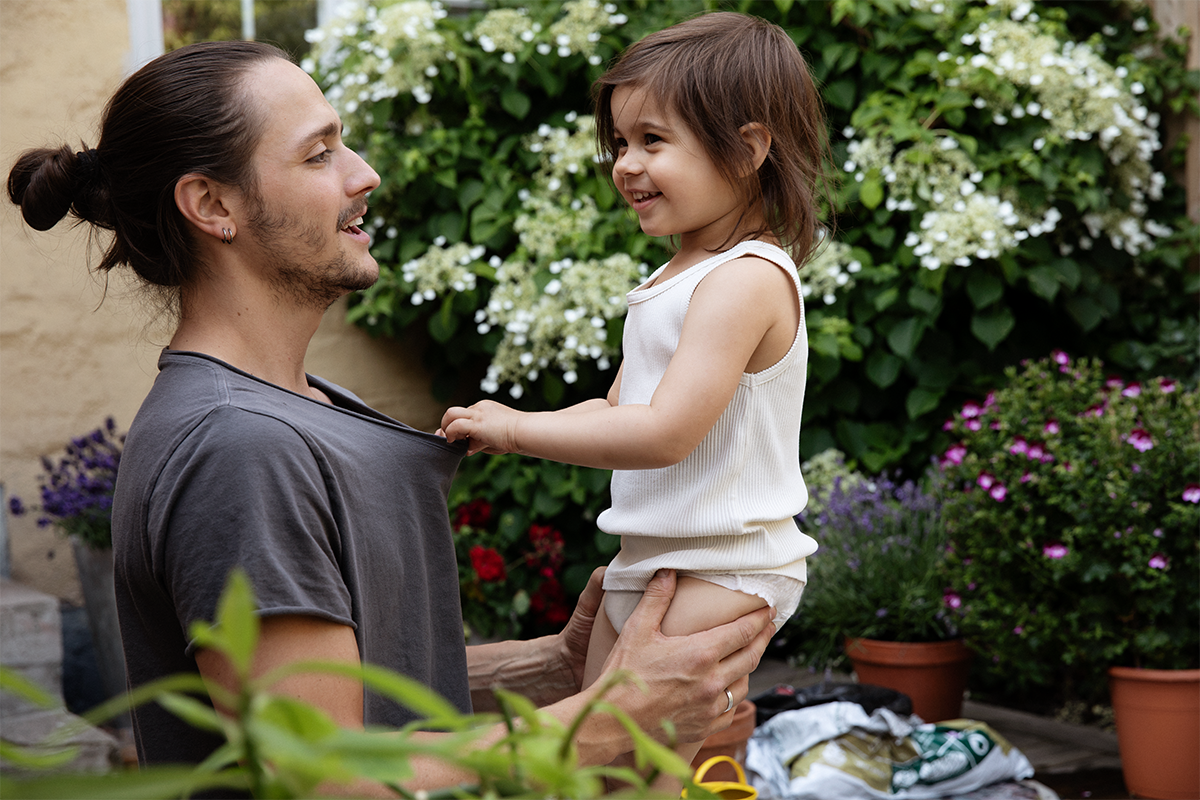
When the baby favours one parent
Top pick

Constipation in babies and children
Top pick

Rashes and spots on children and babies
Top pick

Cough and cold in babies and children
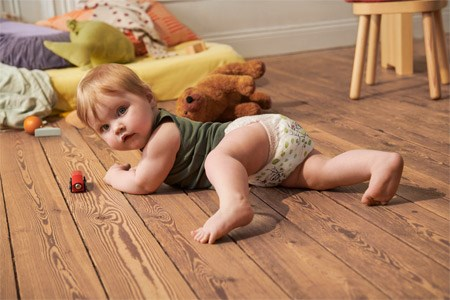
Motor skill development from 0-18 months


